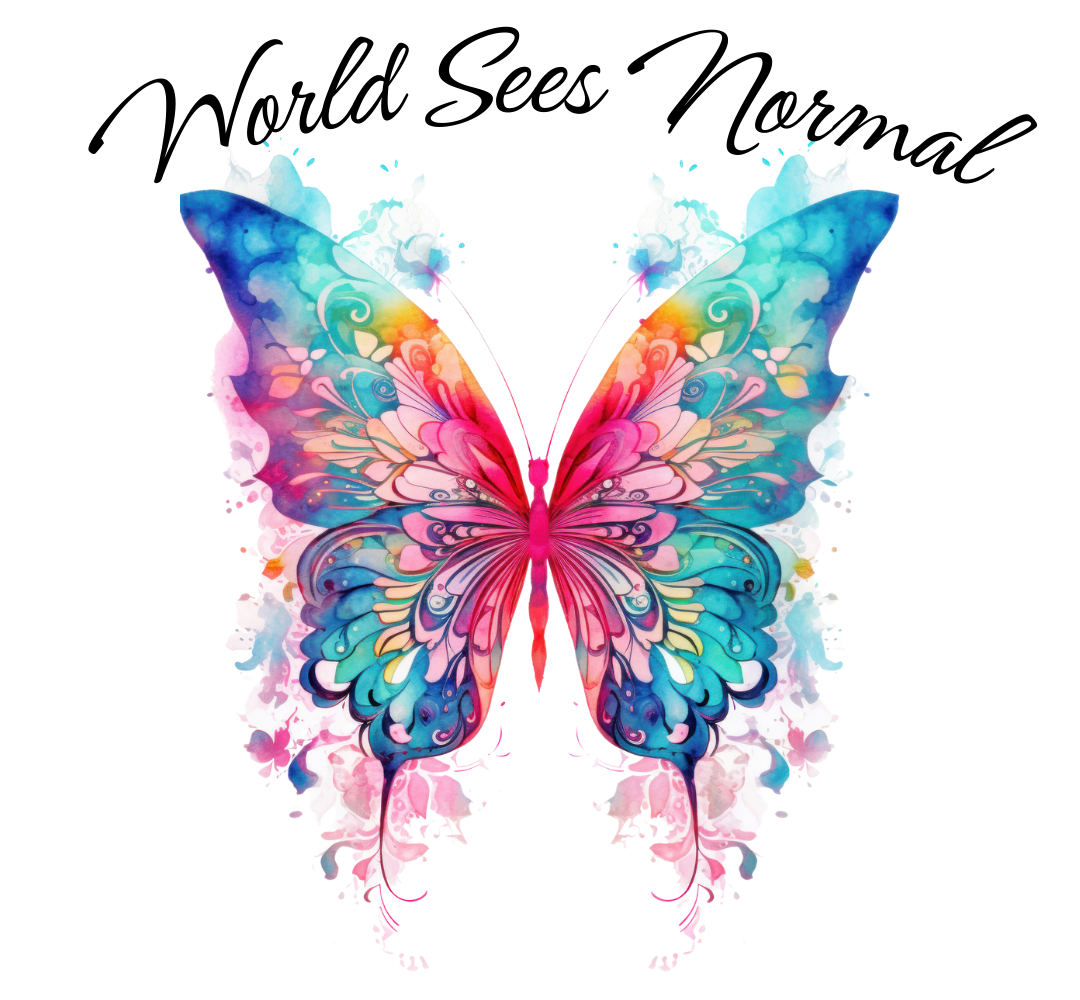Interstitial Cystitis….. I’ve never heard of this? What is it? How would it make me feel??
Interstitial Cystitis or IC (Bladder Pain Syndrome BPS) is defined as a chronic or long-lasting, condition that causes painful urinary symptoms. It is a feeling of pain and pressure in the bladder without having an infection or other clear causes.
What are the SYMPTOMS of IC- The symptoms from this condition vary widely from person to person. That being said the symptoms may also come and go and not be continuous. Some people state they feel like they have a bladder infection, even though no infection is present. Women also complain of painful sex, discomfort, pressure, tenderness or pain in the bladder, lower abdomen, and pelvic areas.
What CAUSES IC? – Experts are not totally sure what causes IC/BPS but below are some theories of the cause.
- A Defect in the bladder tissue, which may allow irritating substances in the urine to penetrate the bladder
- A type of inflammatory cell, called a mast cell. This cell releases histamine and other chemicals that lead to IC/BPS
- Some in the urine that damages the bladder
- Change in the nerves that carry bladder sensations so pain is caused by events that are not normally painful (like the filling of the bladder)
- The body’s immune system attacks the bladder. Similar to other autoimmune conditions
- Having a family member with IC/BPS increase your risk of developing either
How is IC/BPS DIAGNOSED? At this time there is no medial test that can tell a patient they do or do not have IC/BPS?
- To make the diagnosis the physician first determine if your symptoms are typical for IC/BPS.
- Next they will need to determine if there could be another cause of your symptoms.
- The doctor will need to take a detailed medical history including: how long the symptoms have been present, what symptoms you are having, past health problems, current health problems, any medication (prescription or OTC)you are taking, and your diet.
- They will do a physical and neurological exam
- Your provider will most likely do voiding tests and ask about pain related to voiding.
- They can also do a couple of different procedure to check for IC/BPS
- Cystoscopy- using a special tool to look into the bladder. This test will also rule out any kind of cancer.
- Urodynamic Evaluation- this will involve filling the bladder with water through a small catheter. This will measure the bladders pressure as the bladder fills and empties. Patients with IC/BPS the bladder has a small capacity and maybe pain with filling.
How is IC/BPS TREATED? IC/BPS can be treateed with lifestyle changes, bladder training, physical therapy, medications, surgery, botox or a combination of any of the above.
- Diet- People with IC/BPS should try to avoid: alcohol, caffeine, spicy foods and any foods high in acid.
- Lifestyle- physical therapy, limiting stress
- Medications- some of the medicine that can be used to treat IC/BPS are: Oral Pentosan Polysulfate, DMSO, Hydroxyzine, Amitriptyline, Heparin
- Hydrodistention- a procedure usually done under anesthesia to fill the bladder back up to normal size by instilling saline
Can IC/BPS be CURED? It is possible for IC/BPS Symptoms to come back even if the disease has been in remission for a long time. No one knows what causes the recurrence. And there is no known guaranteed way to prevent said recurrences. The following can be attempted by the patient to try to prevent recurrence.
- staying on their medication and treatments even after they are in remission.
- avoid the foods known to cause a flare up.
- avoid certain activities or stresses that may make IC/BPS worse.
I hope you have learned a little about Interstitial Cystitis/ Bladder Pain Syndrome. Please feel free to share this for those who think they may be suffering from these conditions.
-Amber
Resources:
- http://www.urologyhealth.org/urologic-conditions/interstitial-cystitis/after-treatment
- https://www.niddk.nih.gov/health-information/urologic-diseases/interstitial-cystitis-painful-bladder-syndrome

